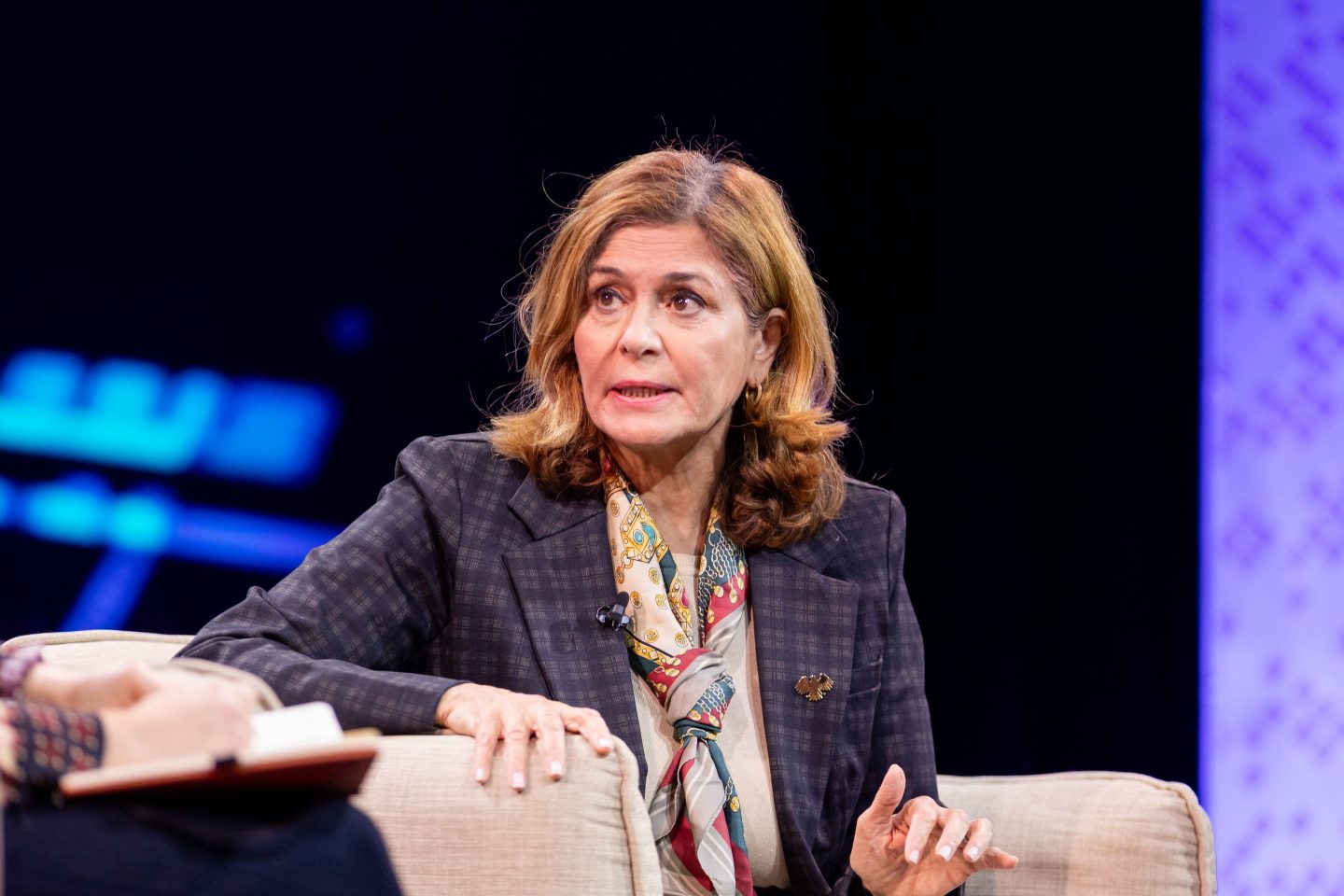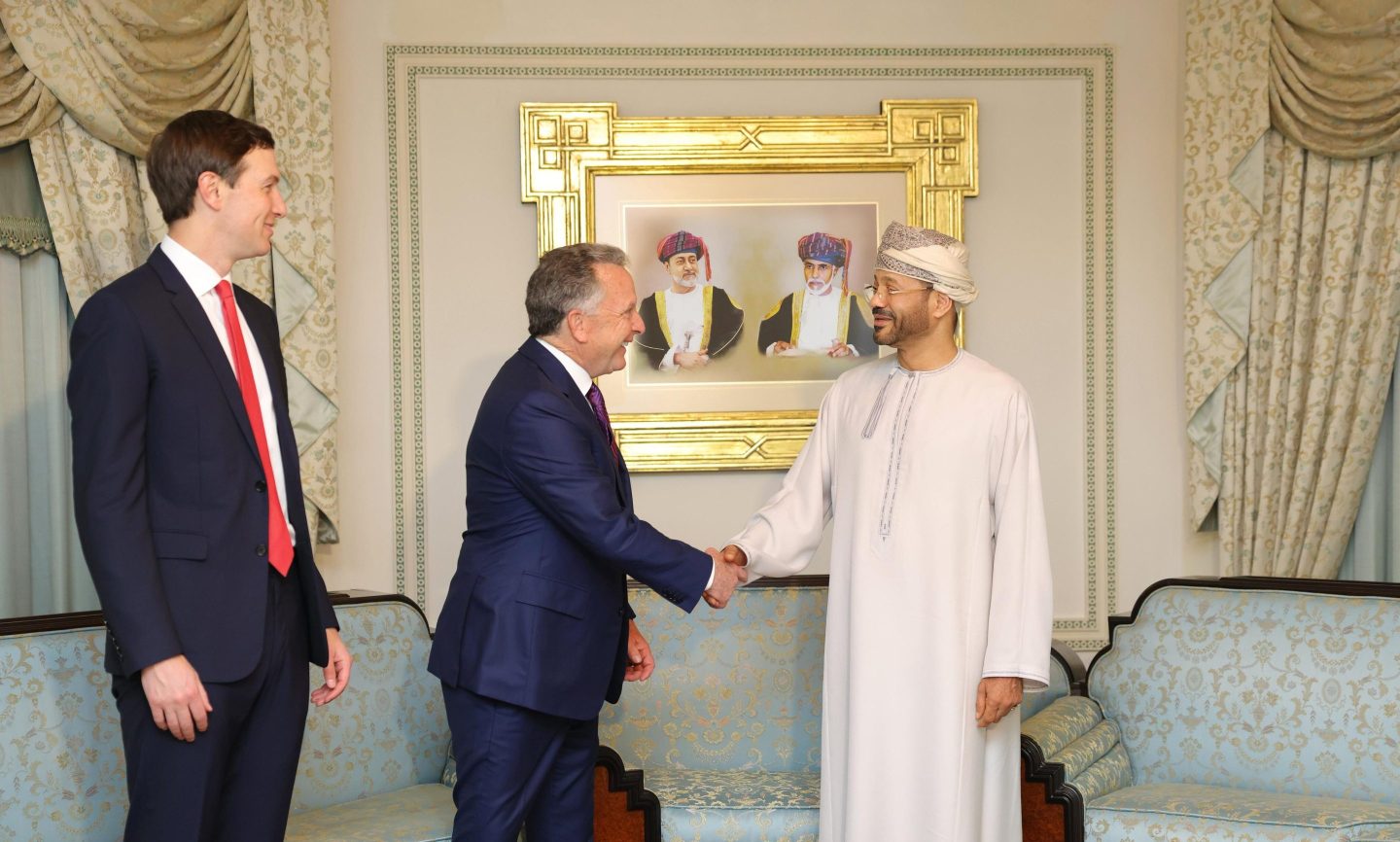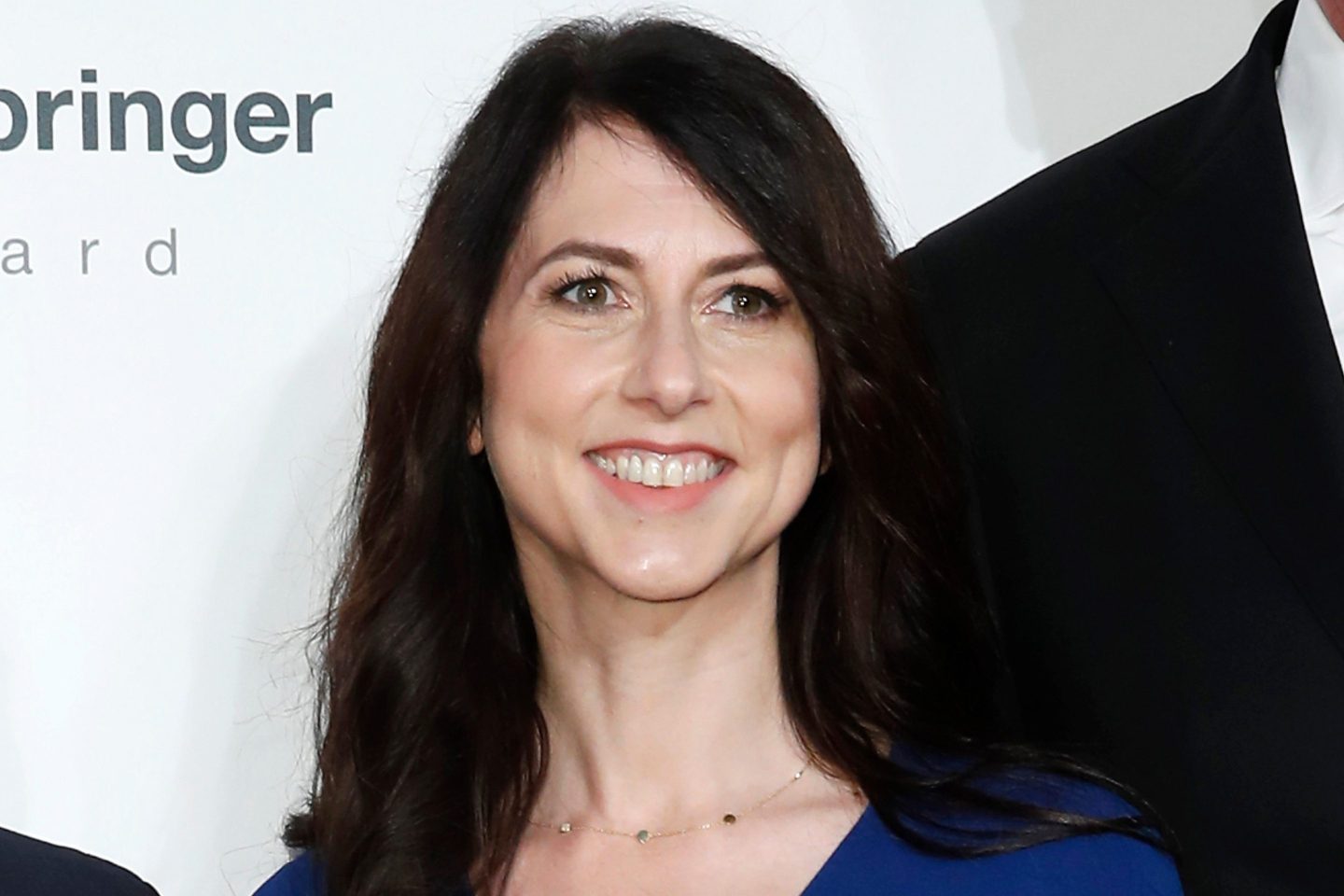At the Fortune Global Forum in Riyadh, the newly appointed Syrian minister of social and labor affairs, Her Excellency Hind Kabawat, spoke about the future of a nation emerging from nearly 14 years of civil war under a new administration. The country’s only female minister, Kabawat described her passionate appeals to Syria’s new president—and to the international community—to make sure that her status as Syria’s only female minister ends soon, with more women joining her.
The veteran diplomat, a former nonresident fellow of the Atlantic Council’s Syria Project, has assumed a central role in Syria’s transitional government. “First of all, quotas are so important,” she said in conversation with Hala Gorani, a contributing correspondent at NBC News. “If you don’t have quotas, women always will be excluded. So we need to put quotas in from the beginning.” She estimated that her industry is 70% female, and most of her new appointees are women, not because of their gender but because they’re highly qualified.
“I think we have the will, and we want to have more women,” she said, adding that it’s “lonely” and “not fair” that the Syrian parliament has only six women. “Am I upset? Very. Am I angry? Very. But are we going to do something about it? Yes,” she argued, noting that President Ahmed Al-Shara has promised to bring more women into his new government. Al-Shara acknowledged “shortcomings” in the election results that produced only six women in parliament, along with 10 members of religious and ethnic minorities among the 119 people elected to the new People’s Assembly. The election did not feature a direct popular vote, but rather an electoral college for two-thirds of the government’s 210 seats, with the remainder being appointed by Al-Shara himself.
In January, Al-Shara met with a delegation of Syrian-American women at the People’s Palace in Damascus, L24 Levant reported, vowing to make appointments based on “competence without discrimination” and committing to advancing women’s rights and empowerment. “Syrian women have always played an active and distinguished role in society,” Al-Shara said, according to the outlet.
Rebuilding the mosaic of Syria
Minister Kabawat is a member of the Christian minority and a longtime member of the opposition to the former dictatorship of Bashar Al-Assad that was defeated by Al-Shara in late 2024. The New York Times reported that Minister Kabawat’s previous exile from Syria began in 2011, after she gave a speech in New York that was met with displeasure from the dictatorship. At the Fortune Global Forum, she framed the rebuilding of Syria as a test of endurance and collective purpose. “Rebuilding means more than reconstruction,” she said. “It’s about restoring stability, trust, and systems that hold society together.”
The challenges remain monumental. She described the immense poverty that she witnessed when she visited Damascus after her exile ended: “The economy is in shambles. The banking system is still comatose.” She explained that her ministry, formed from the combination of preexisting social affairs and labor ministries, is responsible for all of Syria’s vulnerable communities such as orphans, refugees, and people with special needs. She told Gorani that she is working on a “special social protection program” to fight poverty. Accurate statistics are hard to come by, she said, but she estimated the poverty rate at almost 90%. Yet, she insisted, patience and cooperation are Syria’s only way forward. “There’s no magic stick,” Kabawat said plainly. “Only hard work.”
Throughout the conversation, Kabawat repeatedly emphasized that “inclusivity is key,” noting that Syria has many religions and ethnicities. “Syria is a mosaic,” she said. Alawites, Kurds, Druze, Sunnis, all must play a part in rebuilding the country, she noted. “We cannot control Syria by power.” The only way forward is to include people and to listen to them and their suffering.
She described visiting families from once-warring communities and finding the same unifying longing: They all want the same thing, she said: a school for their children, a clinic, and a safe home.
Minister Kabawat’s optimism comes despite immense obstacles. The promised lifting of sanctions and more than $6 billion in pledged reconstruction aid from Saudi Arabia have yet to trickle down to the daily lives of ordinary Syrians. “It’s taking time,” she acknowledged. “People don’t understand how long change can take. But it will come.”
She emphasized that the immediate priorities are restoring electricity and water, followed by expanding social protection programs to offer a safety net for the poor. “Once money goes into social protection and helping the poor and making a better system, people will start feeling it,” she said.













